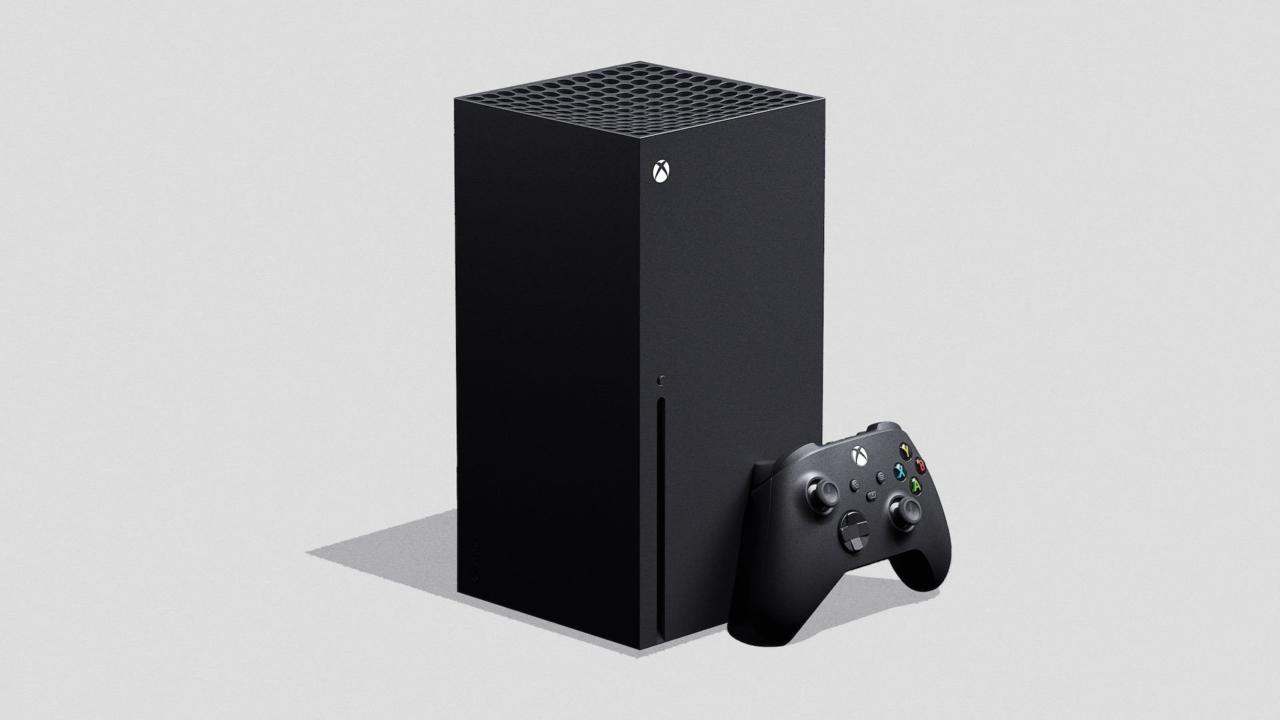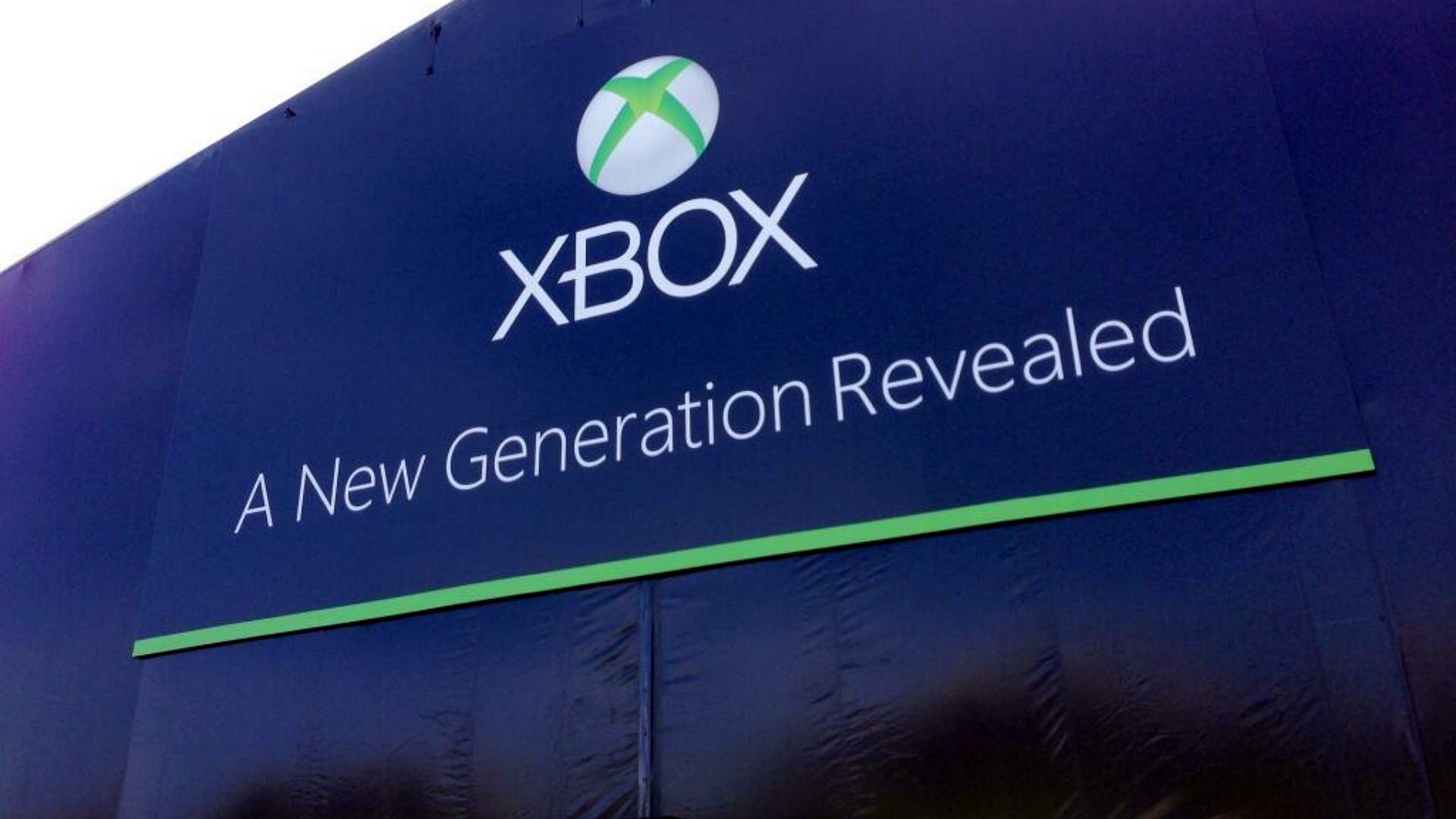Has Xbox Really Lost This Generation? A Deeper Look at Microsoft's New Approach
Early Days Still - It’s Too Soon To Declare a Winner
While the PlayStation 5 has enjoyed initial success due to strong launch sales and high consumer demand for the hardware, it’s far too early in this new generation of consoles to definitively declare a winner. Both the PS5 and Xbox Series X consoles only launched in November 2020, and ongoing supply chain issues related to the global semiconductor shortage have severely limited the potential sales numbers for Microsoft and Sony so far. Furthermore, building up a robust portfolio of exclusive games takes significant time and investment. Microsoft in particular has big plans for expanding its Xbox Game Studios development teams and output over the coming years, with major acquisitions like Bethesda giving them access to iconic franchises like The Elder Scrolls and Fallout.
Series X Hardware is Powerful But Lacks True Next-Gen Differentiation
The raw power offered by the Xbox Series X is undeniably impressive, representing a considerable upgrade over the Xbox One generation in terms of graphics processing capability and solid-state drive speeds. However, the overall industrial design language is relatively familiar compared to the boldly modern look of the PS5. While performance is important, visual aesthetic and a truly next-gen user experience can help drive initial hype and consumer interest. Moreover, Microsoft’s early messaging around the Series X has emphasized services like Xbox Game Pass and backwards compatibility more so than big-budget exclusive games.
PlayStation Sticks to a Tried-And-True Strategy
In contrast, Sony has continued focusing on traditional strengths that served them so well last generation. The PS5 console brings meaningful hardware innovations like the DualSense controller’s haptic feedback and adaptive triggers, in addition to powerful internal specs. Equally important is Sony’s strategy of releasing highly anticipated exclusive games from its stable of world-class first-party studios. Titles like Spider-Man: Miles Morales, Ratchet & Clank: Rift Apart, and Horizon Forbidden West have given customers tangible reasons to choose PlayStation for their next-gen experiences. By delivering beloved exclusive franchises, Sony has maintained the goodwill and trust of its massive installed base built up over several console generations.
Xbox Shifts Gears to Services and Compatibility
Perhaps Microsoft’s biggest gambit this generation involves a significant pivot away from a pure hardware-focused approach and toward their Xbox Game Pass subscription service. For a low monthly fee, the service provides access to over 100 high-quality games that can be played across console, PC, and mobile devices. In addition, the Series X|S consoles include full backwards compatibility support for thousands of older Xbox, Xbox 360 and Xbox One games. This unmatched compatibility radically enhances the value and library size for new Xbox owners from day one. Meanwhile, Game Pass removes traditional barriers to trialing new games and could vastly expand their potential audience reach well beyond console owners alone.
Comparing theTwo Business Models
Where Sony continues to rely heavily on generating revenue through hardware sales and high-profile exclusive game franchises, Microsoft sees gaming as a much broader service-driven market. Their long-term focus has shifted away from console sales metrics and toward growing Game Pass and stabilizing its user base. However, some analysts argue this model may involve lower per-user revenues that need to be balanced over massive scale. Sony’s model has stood the test of time, while Game Pass represents an ambitious gambit that could pay off enormously if Microsoft succeeds at building a “Netflix for games” style platform with over 25 million subscribers. Both companies now face important strategic challenges, as Sony must counter the value of Game Pass while Microsoft works to realize the full potential of its service-oriented vision.
The Evolving Dynamics of Exclusives
A potential indicator of Microsoft’s strengthened commitment to exclusives came recently when MLB The Show 21, previously a long-running PlayStation console exclusive baseball franchise, launched day-one on Xbox Game Pass. This watershed moment showed Microsoft’s willingness to target even heavily entrenched exclusive franchises from other platforms. Looking ahead, the acquisition of Bethesda Softworks in a mega-deal last year means future games from critically-acclaimed series like The Elder Scrolls, Fallout, and Doom could become Xbox/PC exclusives. While disappointing some Sony fans, moves like this help Microsoft build out its own roster of premier exclusive IP to rival Sony’s stable of beloved franchises over the long run. Both companies now understand the importance of must-have system seller games to drive hardware and service adoption.
Competition Benefits All Gamers
It’s easy to view the PlayStation-Xbox contest as a zero-sum game of winners and losers, but in truth healthy competition usually breeds positive outcomes for consumers across both platforms. Each console now offers distinct value propositions compelling in their own unique ways, whether its the powerful hardware and big franchises of PS5 or the complete library and flexibility of Xbox services and backwards compatibility. So long as neither manufacturer is able to totally dominate the market, prices are kept reasonable for all gamers and both are incentivized to take more chances with new concepts and innovation. Ultimately, as the landscape continues evolving each generation, both Sony and Microsoft will need to successfully adapt their business strategies going forward or risk losing relevance in this rapidly growing global industry.
In Summary - Xbox Has Redefined Success in This Generation
While raw sales of their new Xbox Series X|S consoles may lag behind PlayStation 5 numbers in the near term, Microsoft’s focus has broadened beyond units shipped alone. Through strategic acquisitions and the explosive growth of Game Pass, Xbox now represents a ubiquitous multi-platform brand spanning console, PC, and mobile. By coupling game streaming technologies with an enormous catalog included with a Netflix-style subscription, Xbox is on track to become the dominant force in gaming services, redefining what success means for this generation and beyond. Both companies offer compelling value, and each will need to successfully counter evolving threats from competitors old and new. But Xbox in particular has enacted bold reforms to the traditional rules of the console wars, ensuring this generation’s dynamics remain fluid and unpredictable to its very end.

